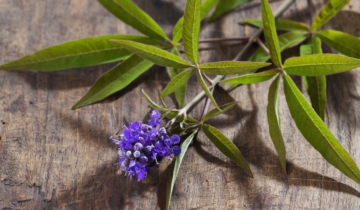Quercetin is a pigment that belongs to a group of plant compounds called flavonoids. It’s found in many plants and foods, such as red wine, onions, green tea, apples, and berries. Quercetin has antioxidant and anti-inflammatory effects that might help reduce swelling, kill cancer cells, control blood sugar, and help prevent heart disease. Quercetin is most commonly used for conditions of the heart and blood vessels and to prevent cancer.
Several health benefits have been linked to quercetin! Here are some of its top science-based benefits:
May ease allergy symptoms
Quercetin’s potential anti-inflammatory properties may provide allergy symptom relief.
May reduce inflammation
Research shows that high levels of free radicals may help activate genes that promote inflammation. Thus, high levels of free radicals may lead to an increased inflammatory response. While a little inflammation is necessary to help your body heal and fight infections, persistent inflammation is linked to health problems, including certain cancers, as well as heart and kidney diseases. Studies show that quercetin may help reduce inflammation.
May have anticancer effects
Because quercetin has antioxidant properties, it may have cancer-fighting properties!
May lower your risk of chronic brain disorders
Quercetin’s antioxidant properties may help protect against degenerative brain disorders, such as Alzheimer’s disease and dementia. Coffee is a popular beverage that has been linked to a lower risk of Alzheimer’s disease. In fact, research shows that quercetin, not caffeine, is the primary compound in coffee that’s responsible for its potential protective effects against this illness!
May reduce blood pressure
Research suggests that quercetin may help reduce blood pressure levels. In test-tube studies, the compound appeared to have a relaxing effect on blood vessels.
As mentioned, Quercetin can be found in many plants and foods but can also be available as a dietary supplement in powder and capsule form!
Feature image via Pinterest





 No products in the cart.
No products in the cart.